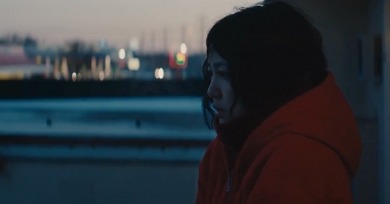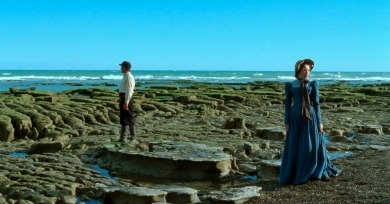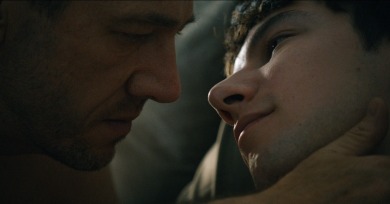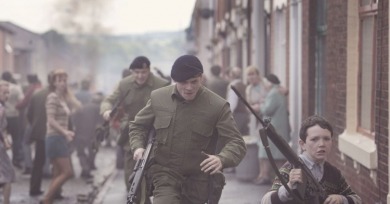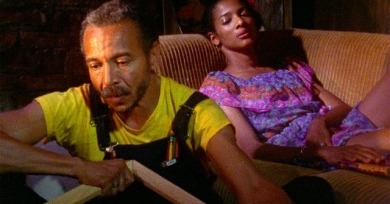Reviews
Nicloux’s film is quite the best cinematic supplement to Michel Houellebecq’s work that exists.
As Manny Farber helpfully pointed out, “a film cannot exist outside of its spatial form.” But La Sapienza takes space as its literal subject, how the environments we build for ourselves, either architecturally or emotionally, create room for the known and the unknown.
As in their previous features, the Zellner brothers mine absurd situations for humor while encouraging empathy for the individual at the film’s center through a steady diet of closely observed details.
The film proceeds as a series of vignettes, mostly interiors, almost entirely shot with a stationary camera, a self-imposed rule which Hausner will here and there violate for a slight pan or a slow zoom, her austerity coming up just shy of that found in the period pieces of Rossellini or Straub-Huillet.
With Jauja Alonso follows the ever-widening orbit his films have been tracing even further, nudging his trademark concerns away from the largely observational, vaguely romantic cinema of his earlier work into something considerably more expansive, playful, even supernatural.
Mitchell and his cinematographer Michael Gioulakis do the concept justice with an unnerving aesthetic approach that makes the film’s timeless suburbia as much a character as any of the terrified kids who populate it. Imagine Sofia Coppola’s daydreamy The Virgin Suicides transformed into a twilit nightmare.
Potrykus has a way of distilling the familiar adolescent spirit of contempt for this environment—which is, after all, contemptible—and shows indications of being the rare filmmaker capable of stirring up ideas about class in America without resorting to the usual drab, po-faced miserablism.
In the spirit of its forebears, Wild Canaries is gleefully antiquated, a fully dedicated neo-screwball effort as inventively constructed and effervescently acted as any modern genre exercise.
It's the tale of two men who are striving, against a background of fear, distrust, and discouragement, to work out what they want from each other and how to achieve it. And it's one of the most complex and beguiling cinematic love stories since Wong Kar-wai's turn-of-the-century monument In the Mood for Love.
Let us assume for an instant that perhaps Cronenberg is fully aware his satire is stale, that his critique of contemporary Hollywood lacks trenchancy. So what, then is Maps to the Stars up to? Is it an honest portrait of a family laid low by Hollywood’s dream machine?
The camera pummels forward through bombed-out walls and crumbling houses, tracing Hook’s movement, transforming Belfast into a maze—a torn city whose buildings and roads are intricately connected via shattered structures and wreckage-heavy corridors.
Following 2013’s listless Oldboy, Da Sweet Blood of Jesus is Spike Lee’s second consecutive remake, following a nearly three-decade career during which he’s avoided them altogether. It is, narratively speaking, a largely faithful cover version of Bill Gunn’s 1973 cult horror film Ganja and Hess.
Poverty, of the sort that scarred young Christian both physically and mentally, appears in Fifty Shades of Grey only as an abstraction, a source of blockages to be “overcome” on the way to normative reprogramming.
As crucial as it is to reclaim Losing Ground as a vital, vibrant, retroactively canonical independent film by an African American female director—made when African American female directors were even scarcer than they are now—it’s no less crucial to view Collins’s film on its own defiantly individualistic terms.


